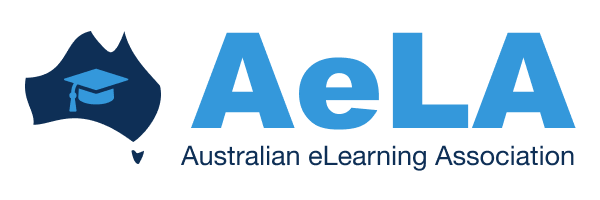
A landmark agreement signed between the 380-member Association of African Universities, or AAU, and Africa’s largest online education platform eLearnAfrica will enable 10 million students to access higher education through online services provided to AAU member universities.
The agreement signed on 3 February will enable member universities to expand their reach through the provision of online, distance-learning opportunities to students everywhere, including rural areas. It will also support universities in the development and deployment of online learning resources and in the use of the eLearnAfrica Learning Management System.
“We’re glad to welcome early adapters, like the Zambian Open University, that already offer online degrees. Now, with this agreement with the AAU, we’ll be able to support more universities to make the jump to e-learning,” CEO of eLearnAfrica, Brook Negussie told University World News.
The eLearnAfrica platform is fully functional on mobile devices, which represents the most popular form of connecting to the internet.
Cost-effective strategy
According to Negussie, eLearnAfrica is a cost-effective strategy for delivering higher education because of one-time development costs, low continuing costs, and most importantly, the ability to scale delivery.
“Before, class size was limited by desks; now, it’s limitless,” he said. “I would have to say that Africa cannot afford to keep building multi-million dollar physical universities. The continent would have to open a few every week for years just to meet existing demand, to say nothing for meeting the projected demand of a young, digitalised population that knows that education is the key to life-long achievement and success,” he told University World News.
He said the great benefit of the AAU relationship is that the AAU is a membership organisation of accredited, respected higher education institutions in Africa. The partnership, he said, would give AAU member universities access to Africa’s largest e-learning platform and support network.
The association is Africa’s largest higher education coordinating body, comprising 380 universities in 46 African countries.
“The AAU is the most important higher education coordinating body; we are looking forward to developing and delivering content with the member universities throughout Africa,” Negussie said.
Expanding access
According to the secretary general of the AAU, Professor Etienne Ehouan Ehile, one of the major benefits of the partnership is its capacity to expand access.
“As an association, challenges of limited access to quality higher education continue to haunt us. Therefore, building capacities of African universities to be innovative in their teaching and learning methods for increased access to quality higher education is top priority for the AAU. This partnership with eLearnAfrica will help us achieve this goal,” he said in a statement.
Students throughout Africa face difficulties in attaining university degrees. These challenges range from high costs, to competition for limited spaces and long distances that need to be covered to attend universities.
Only 6% of young people in Sub-Saharan Africa are enrolled in higher education institutions compared with the global average of 26%. According to the World Bank, it is estimated that a one-year increase in average tertiary education levels would raise annual gross domestic product or GDP growth in Africa by 0.39%, and eventually yield up to a 12% increase in GDP.
The initiative takes advantage of improvements in internet connectivity in Africa.
According to Nodumo Dhlamini, AAU director of knowledge management and ICT services, Africa has made progress in developing internet infrastructure and improving connectivity.
“It is true that there is still a great deal of work to be done to bring the rural areas to the same level of internet access as urban areas. [According to] the Internet Society, Africa has over 30 internet exchange points, which are facilitating terrestrial infrastructure, leading to cheaper and faster internet,” said Dhlamini.
Quality
Negussie said the enterprise was conscious about ensuring quality of the programmes and participants.
“eLearnAfrica carefully reviews each potential partner prior to inviting them on the platform. Our academic advisory board is comprised of internationally recognised leaders in academic coordination and education governance,” he said.
eLearnAfrica is committed to making available to participating universities data analysis and research on high-demand courses and search queries, as well as advising on best practices and support with content design and development.
For universities interested in immediately securing entire online courses for use in credit-bearing degree programmes, eLearnAfrica has existing content that is suitable for accreditation anywhere in Africa.
“These cover a very wide array of tech trades, like network management, IT support, software development and programming, Microsoft certification courses, and cybersecurity,” Negussie said.
“Through this partnership, we place existing African e-learning content in one easy-to-use platform; and we support universities that have decided to develop their own content. eLearnAfrica has the research outputs to share with its partners for data-driven content development, and the technical support necessary,” said Negussie.
The project is already under way and students and universities can visit the eLearnAfrica website or download the mobile application to see what is already available.

 sending...
sending...